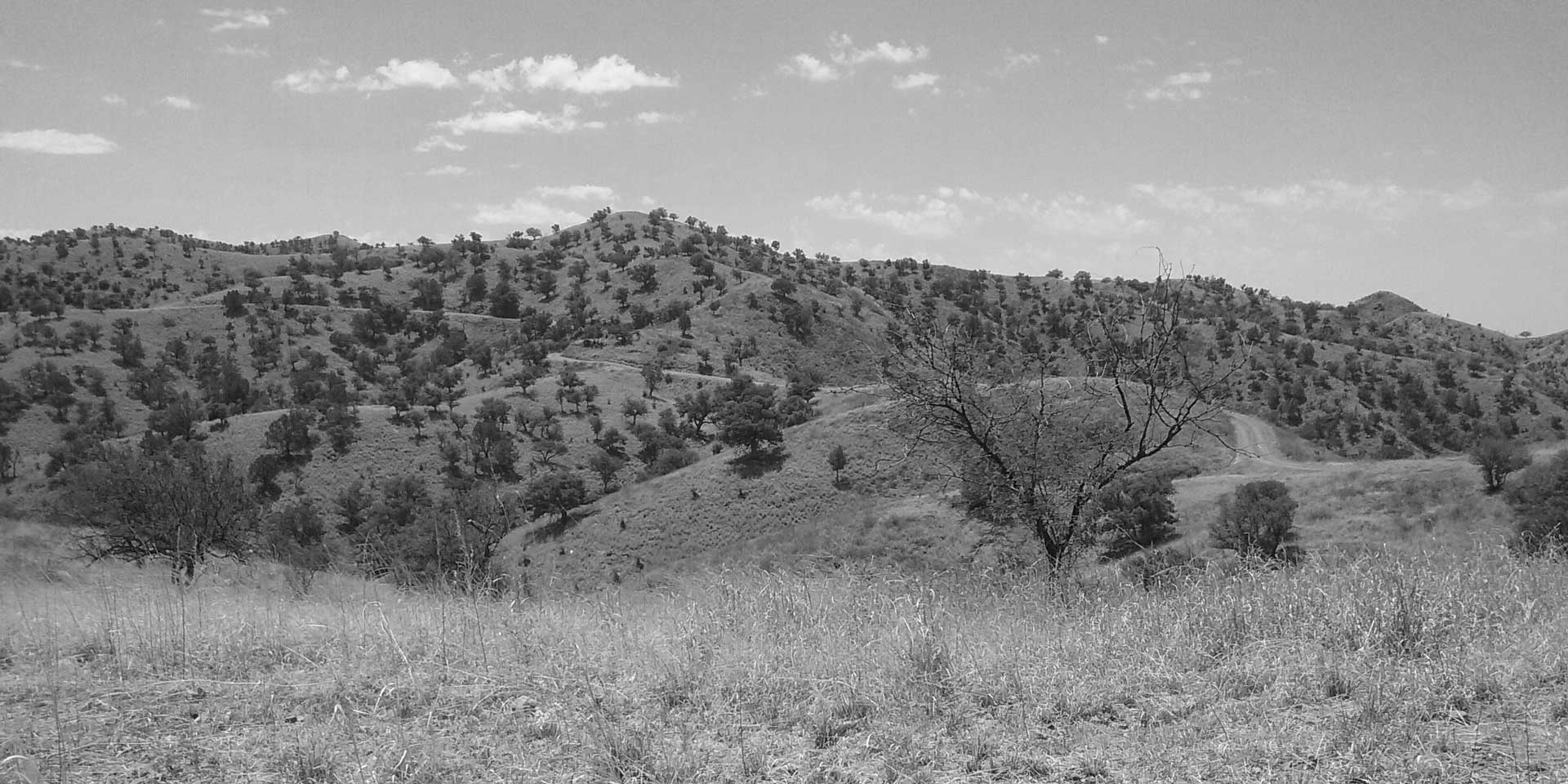Our Programs

MISSING MIGRANT PROGRAM
The work of the Colibrí Center began in 2006 with the collection of anthropological data about people who have disappeared while crossing the U.S.-Mexico border. This data includes detailed physical descriptions plus information about what people were carrying or wearing and where they were last seen. This work began as a partnership with the Pima County Office of the Medical Examiner (PCOME), which receives remains found in much of southern Arizona.
In 2017, the Colibrí Center began to collect DNA samples from family members, to increase its abilities to help identify people who have lost their lives crossing the border in Arizona. Because of the harsh and unique desert environment and the remote areas where people cross, it can be extremely difficult to identify people through non-genetic methods such as fingerprints and photo comparisons. DNA is the greatest hope for identification for most cases.
As part of the forensic examination process, the PCOME takes a DNA sample for each unidentified person who comes to its office. The samples are sent to a private laboratory which has created a genetic database with close to 1,700 cases of unidentified individuals. The Colibrí Center’s DNA provides the other half of this genetic puzzle. Colibrí staff travel to cities throughout the U.S. and to other countries to take DNA samples from families who want to have their DNA compared to the DNA of unidentified people who died while crossing. Colibrí has also developed a mailkit program, which allows family members in the U.S. to submit DNA samples directly to Colibrí, allowing people in all parts of the U.S. to be sampled. Colibrí sends its samples to the same laboratory that PCOME uses, with the hope of producing genetic matches between the unidentified and the families, matches that the medical examiner then confirms. Colibrí collects additional information from families where needed, to help the medical examiner make as many identifications as possible.
When the medical examiner identifies a person through data collected by the Colibrí Center, Colibrí staff notify the family about the result. Colibrí makes these notification calls in a humane and loving way and can often connect families with others who can help them repatriate their loved one and help them with their grief.
Colibrí has taken over 4,197 missing persons reports and more than 1,700 DNA samples, leading to 261 identifications that otherwise would not have been made.
Family Network Program
Connecting Families

Beyond forensic justice work, Colibrí and impacted families build community and advocate for change through the Family Network, a network of mutual support and solidarity among families and friends of missing migrants across the Americas. The Family Network was born out of families’ expressed desire to connect with others that are experiencing the same form of ambiguous loss, given the feeling of isolation that comes with having a missing loved on on the border.
The Family Network includes in-person meetings in cities across the U.S. as well as hundreds of families connected online and through the quarterly Hermandad zine created by and for families of the disappeared. In the Historias y Recuerdos program, Colibrí is also recording oral histories from people whose loved ones have disappeared.
The Colibrí Center for Human Rights is a member organization of the Southern Border Communities Coalition, and works in tandem with No More Deaths, the Forensic Border Coalition, and other organizations that promote a more humane approach to migration policy. Colibrí strives to bring affected families’ stories and voices to spaces of power to affect significant change.
Colibrí believes death and disappearance to be a multilayered, heartbreaking, invisibilized, unrelenting but ultimately preventable issue at our border.
